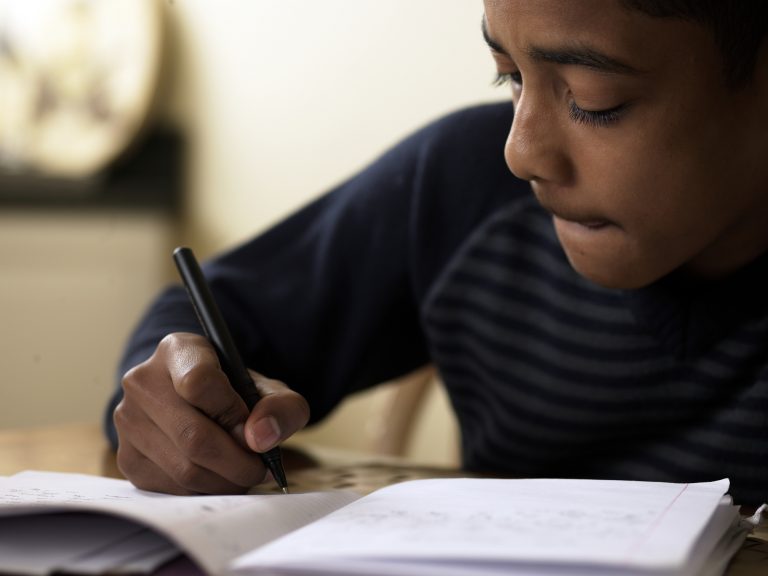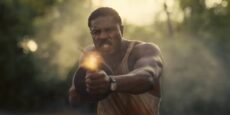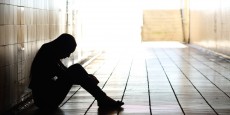
How To Teach Our Children to Be Brave
My two children are very different in many ways, and one of their differences is their sense of reality versus fantasy. Tuck has a pretty black-and-white approach to life, and he can tell what is real and what is not. Movies and books are easy for him to digest because he can tell implicitly what is authentic and what is manufactured, what is made for thrill seeking and what couldn’t ever actually happen.
My son Tyler has no such filter. In Tyler’s mind, anything and everything is a possibility. This makes him wonderfully imaginative, a brilliant problem solver, and a creative artist with ideas I can’t even fathom. But such an imagination makes it difficult to read a book with vivid characters without them haunting him in his sleep, or to venture downstairs alone when every shadow is a dangerously looming threat. All of this has given Tyler a tendency toward being timid. Instead of seeing what could go well and right, he sees first the imminent threat.
So let me tell you a little secret Tyler and I have together to help him battle fear. We started writing Tyler’s Brave Book. He has a notebook in his room where we record brave things Tyler does. When he went to sleep with just one nightlight on, we wrote it down. When he went downstairs to the dark kitchen to fill up his water bottle before bedtime without an adult, we wrote it down. When he rode the chair lift to the top of Cheyenne Mountain Zoo, we wrote it down. When he went to the dentist, we wrote it down. When he memorized a monologue and auditioned for a show with our community theatre, we wrote it down. When he learned to ride his bicycle, guess what? We wrote it down.
The beauty of it has become two-fold. He has a growing record of his own faithfulness to himself, of when he chose courage over fear, and proof that he survived what he thought would take him down. But there’s a second benefit, and I didn’t foresee this one: he’s motivated to do brave things so he can write it in his Brave Book. When he has a nine-year-old’s challenge or a fourth-grade deadline looming, I have that golden ticket to remind him: “Just think, when you finish, you can add another page to your Brave Book.” Something about that reward is all he ever needs to tackle the task at hand. My boy is pretty inspiring, I have to tell you.
Kids have to do brave things all the time. As adults, we can forget about this forced courage because one of the privileges of adulthood is deciding what you will and won’t do. We can get pretty comfortable with jobs we hate, patterns that are destructive, and living in a cozy little comfort zone because it feels too scary to try something new. We have the freedom to stop taking risks. But kids are at the mercy of the transitions of childhood. Every school year is a different teacher, new friends, even a new building. Mealtimes can call for their courage adults place before them foods they haven’t ever seen, haven’t asked for, and are now forced into domestic negotiations over. We forget how brave they have to be, and it’s often far braver than we’re called to be.
Here’s the truth about refusing fear: You can’t wait until you feel safe. In fact, if it feels a little bit scary, then you’re probably on the right path. The truth is that everything worth having is a little bit risky. Whether it’s a relationship, a professional step, a creative endeavor, or a new adventure, there’s something on the line. That’s what makes it scary, and that’s what makes it worth it. If you run from everything that feels scary, if you live in fear and refuse to give your heart to anything or anyone who might break it, then you’ll face a different risk: boredom.
Courage is a choice, and we can teach our children to make these brave decisions. Celebrate your kids’ courage with a Brave Book. (And maybe start one of your own.)
Source: The Parent Cue






